
Plotting: Main Character
I’m working on a romantic comedy for my Karly Stratford pen name at the moment, and I thought it might be fun to share my process for building characters.
I usually come up with the idea for the story first, then the characters. Some people do the opposite. Neither way is “right” and neither way is “wrong.” Do what works for you.
The idea for this story is simple. I want it to be a contemporary Snow White retelling. Snow White—Gwendolen Autry in my story—is helping a friend out and running their B&B for a few weeks while they’re on vacation. A bachelor party of eight guys (seven “dwarfs” and a “prince”) arrive for their week-long stay.
That’s it. When I decided to write this series, this is all I had for book one.
Granted, it’s a pretty solid idea. Imagine how much comedy can come out of a huge bachelor party in an isolated B&B with one woman trying to cook and clean for them. The possibilities range from a storm taking the power out and them all having to rough it. Eight city guys trying to chop wood? Or they go panning for gold and get lost and the girl has to come find them. The prince could be afraid of the dark, or hate the outdoors. She might be a bit rusty on cooking for large groups…
Like I said, I feel like it’s a good idea.
After the idea starts to percolate, it’s time to populate the story with characters.
These are the things I have to know before I start writing.
Note: This is a quick overview of each category that I use. I could do multiple blog posts about each one, but not today.
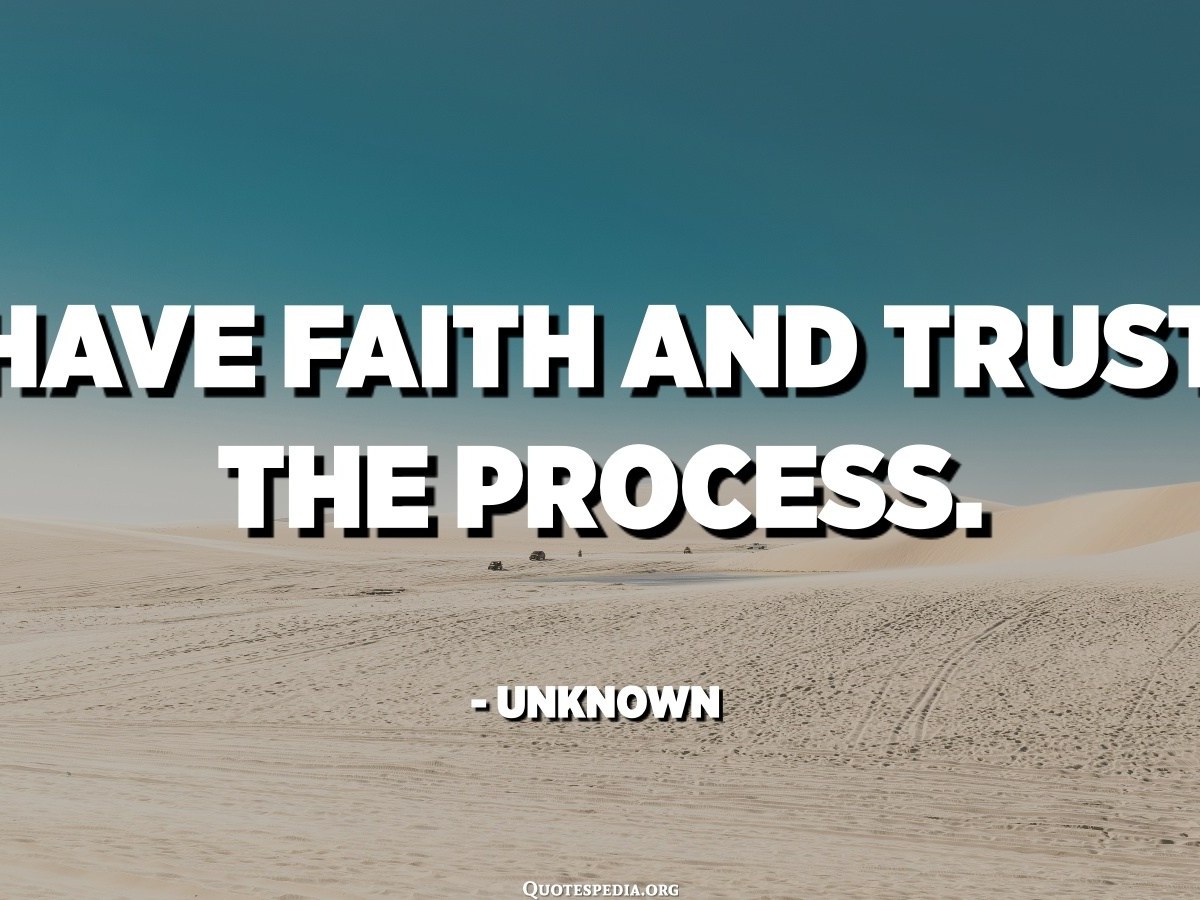
Name: Duh. This is important
Who is she: Just a basic snapshot of who the person is. I usually use their age and their job.
External Goal: The story needs to be driven by this. What does the character want? What are they trying to do? What are they willing to do to make it happen? This must be measurable. Not “I want to get married” but “I will ask ten men on dates in the next month.”
Drive: Why does the character care about this goal so much? What happened in their life that has led them to this decision? If the main character wants to be a social worker, I figure out why. Was she abused as a kid? Had a best friend who committed suicide because she got put into foster care? It can be anything, but it needs to be personal.
Antagonist: There must be a bad guy. It can be a person, the weather, a corporation… The antagonist is there to provide conflict. To be mean to your characters. Make sure you have one and make sure not to pull your punches when you use them.
Flaw: This is often a lie that the character has been hiding behind. They don’t realize it until near the end of the story. It can be as simple as the character always thinks of themselves first, or they don’t like tall men because they got teased by the tall guys in junior high and therefore all tall men are jerks.
In the End: What decision does the main character make at the end of the story that they never would have made at the beginning? Do they stand up to their abuser? Put someone else’s need before their own? Throw off their wig in public and own the fact that they’re bald?
Ally: Every main character needs someone on their side. Someone to talk to. A shoulder to cry on. If not the character will likely feel incomplete.
Here’s what I have right now for my Snow White retelling!
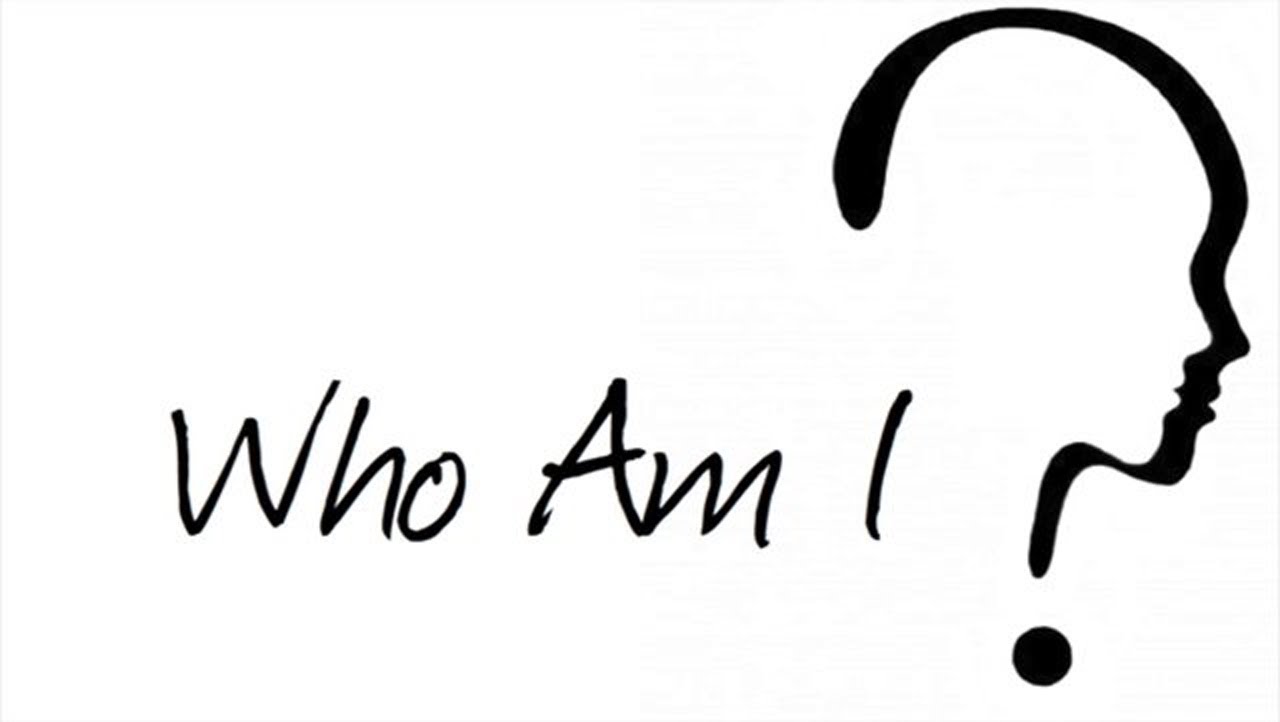
Name: Gwendolen Autry
Who is she: 28 year old corporate trainer
External Goal: Host the last few weeks of bookings for the B&B then sell it. (Notice I’ve already changed the initial premise so that her aunt ran the B&B and has recently died, leaving it to Gwen instead of Gwen covering for a friend.)
Drive: Gwen’s aunt helped her through her step-mother issues, and she wants to honor the woman by doing this for her.
Antagonist: Either the step-mother or whomever wants to buy the B&B. (I haven’t decided on this yet. Heck, it might change five times before I’m finished, but this is my idea at the moment.)
Flaw: Gwen doesn’t believe that a man can look past her beauty and see her for who she is. (This is a tough one, because it’s going to be difficult to write a likable female lead who knows she’d drop-dead gorgeous. Most of us roll our eyes at women who think like this. If I figure it out, great. If not, then I’ll change it. This leads to a good conflict within the romance. Everything the “prince” does will be tainted by this belief Gwen has.)
In the End: Gwen decides she wants to stay at the B&B instead of going back to her big, flashy corporate life. She finds the personal connections she makes, along with the cooking and cleaning, more satisfying than her job.
Ally: Gwen needs a BFF. I’m not sure who this is going to be yet.
This is what I came up with after just an hour or so of plotting. There are mounds of notes about each category that I didn’t share here. It’s likely that some of it will change between now and when Is start writing.
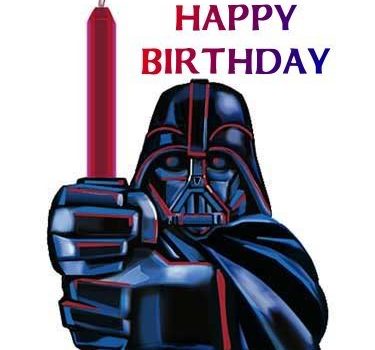
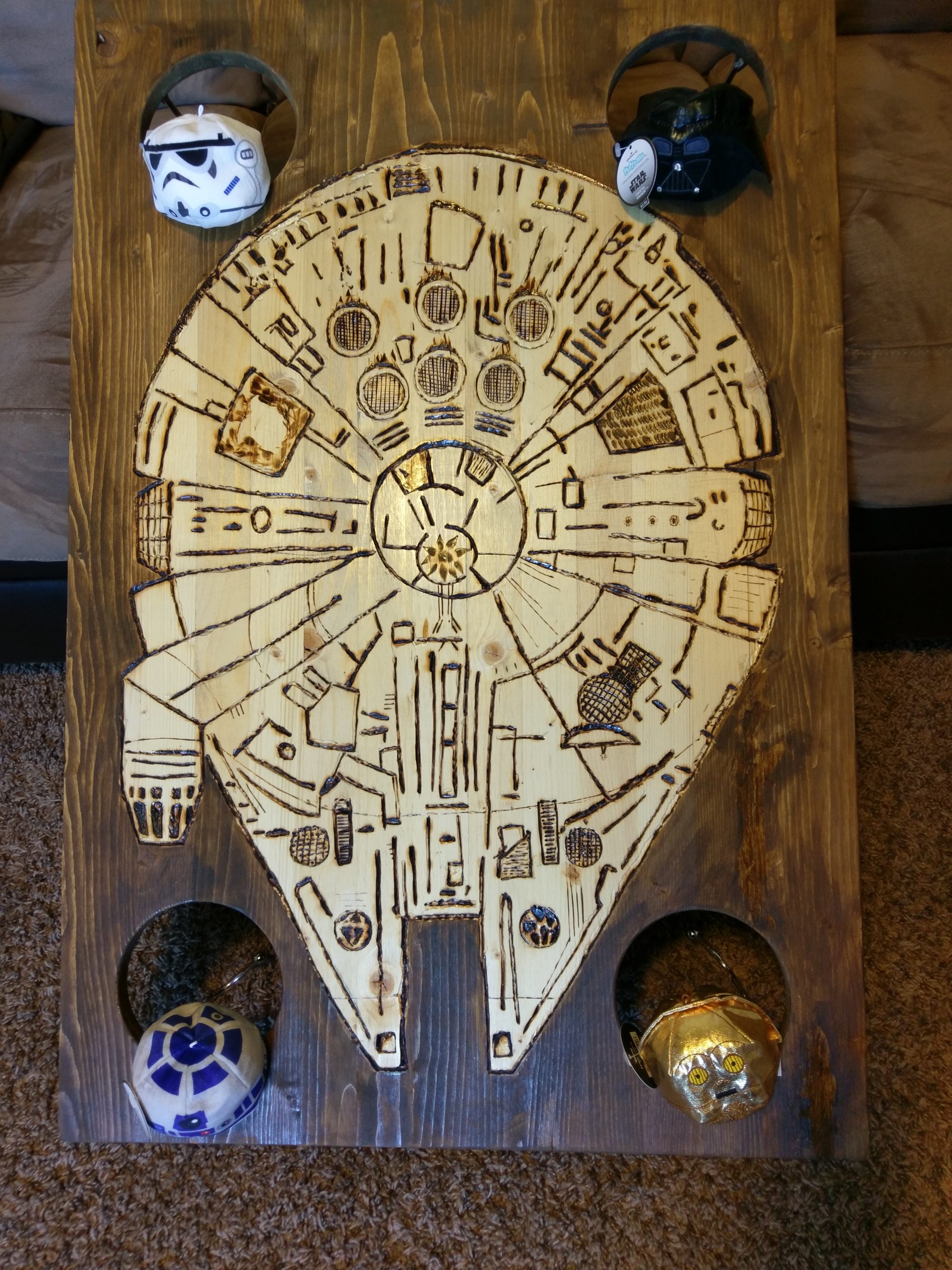
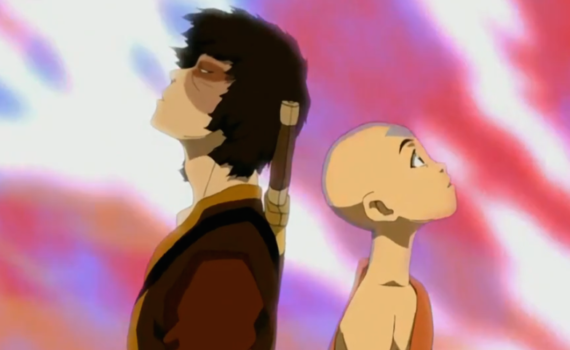
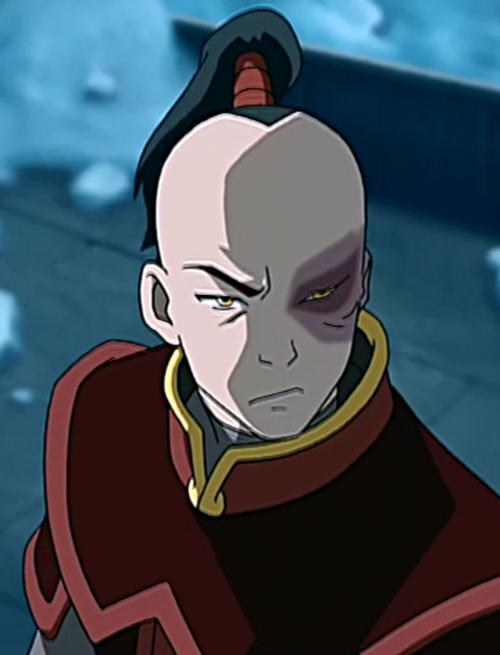 First, Zuko: exiled prince of the fire nation tasked with the impossible quest of finding the Avatar and bringing him back to the Fire Lord (Zuko’s psychotic father). When we start Zuko has one goal: Get his honor back so his father will accept him. Zuko is young and headstrong and steps on a lot of toes during his journey. He throws literal fire-bending tantrums, and hates everyone and everything. The only person that sticks by him is his uncle, who is a saint.
First, Zuko: exiled prince of the fire nation tasked with the impossible quest of finding the Avatar and bringing him back to the Fire Lord (Zuko’s psychotic father). When we start Zuko has one goal: Get his honor back so his father will accept him. Zuko is young and headstrong and steps on a lot of toes during his journey. He throws literal fire-bending tantrums, and hates everyone and everything. The only person that sticks by him is his uncle, who is a saint.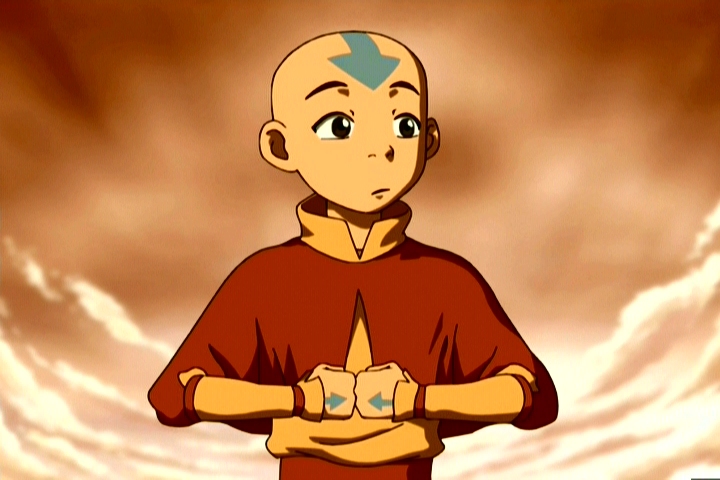 Now to Aang. Aang is the Avatar. He’s twelve years old, the last airbender, fun-loving and ran away when he found out he was the Avatar because he didn’t want to be different. He just wanted to be a kid.
Now to Aang. Aang is the Avatar. He’s twelve years old, the last airbender, fun-loving and ran away when he found out he was the Avatar because he didn’t want to be different. He just wanted to be a kid.


